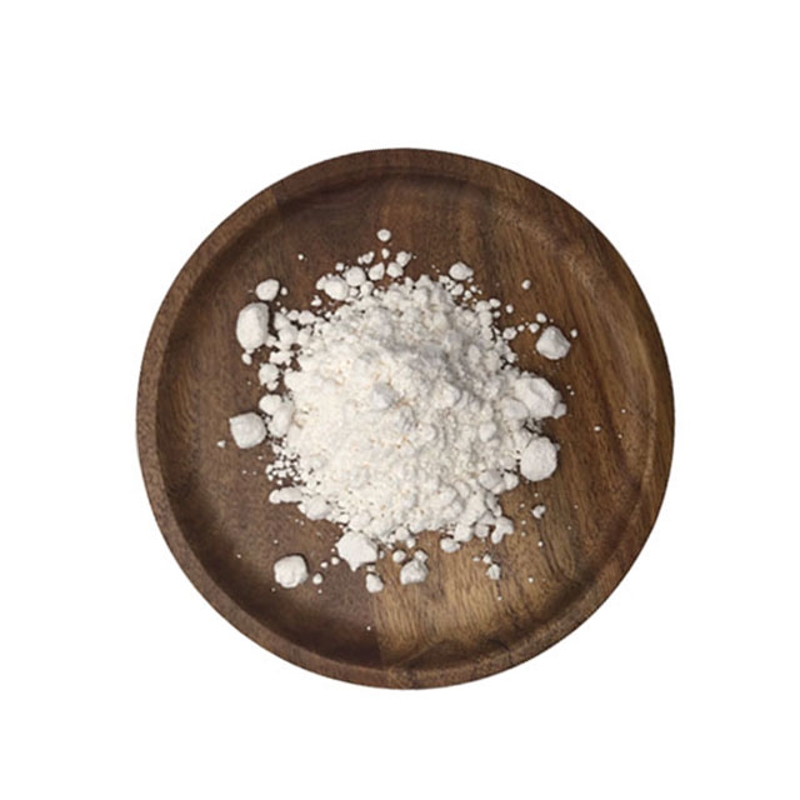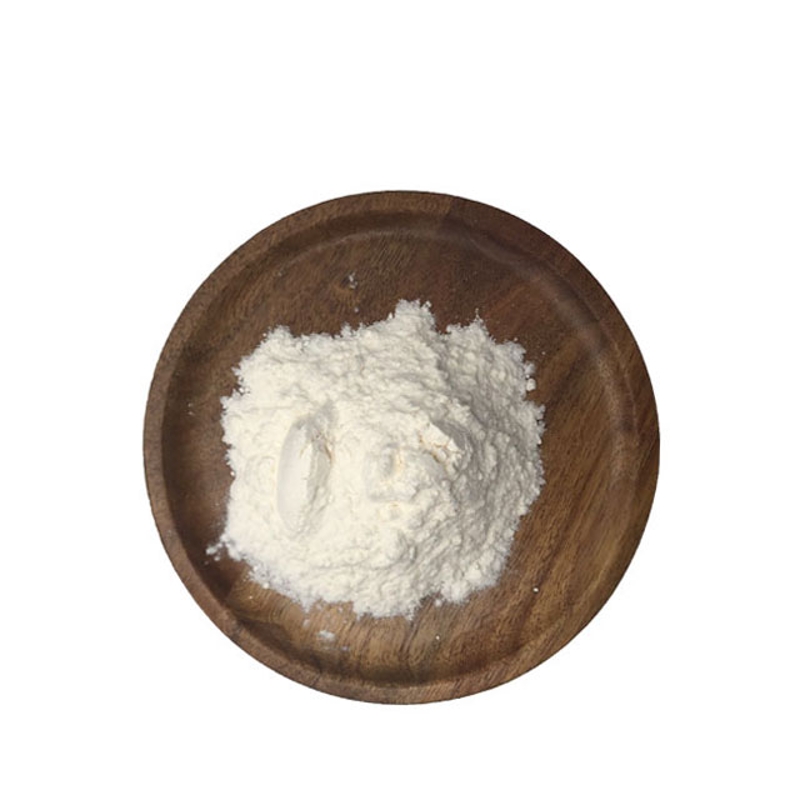-
Categories
-
Pharmaceutical Intermediates
-
Active Pharmaceutical Ingredients
-
Food Additives
- Industrial Coatings
- Agrochemicals
- Dyes and Pigments
- Surfactant
- Flavors and Fragrances
- Chemical Reagents
- Catalyst and Auxiliary
- Natural Products
- Inorganic Chemistry
-
Organic Chemistry
-
Biochemical Engineering
- Analytical Chemistry
- Cosmetic Ingredient
-
Pharmaceutical Intermediates
Promotion
ECHEMI Mall
Wholesale
Weekly Price
Exhibition
News
-
Trade Service
(PDT)
。 However, the efficacy of PDT immunity is affected
by the function and status of tumor-infiltrating cytotoxic T cells (CTLs).
Improving the tumor immunosuppressive microenvironment, effectively activating and enhancing the function of CTLs is expected to improve the anti-tumor immunotherapy effect
of PDT.
The cholesterol metabolism pathway intervenes in the function of CTLs and tumor cells, and by regulating cholesterol metabolism, it is expected to enhance the function of CTLs and improve the anti-tumor effect
.
Recently, Li Yaping's team at Shanghai Institute of Materia Medica, published a research paper
titled: Blocking cholesterol metabolism with tumor-penetrable nanovesicles to improve photodynamic cancer immunotherapy in the journal Small Methods.
In this study, a matrix metalloproteinase (MMP-2)-responsive pro-osmotic nanoparticle was developed, which simultaneously regulated the cholesterol metabolism behavior of CTLs and tumor cells by promoting intratumoral penetration of drugs, improving the function of CTLs, and synergistically enhancing the anti-tumor effect
of photodynamic-immunotherapy.
In this study, lipid nanovesicles were co-coated with MMP-2 enzyme-sensitive peptide-modifying photosensitizer PPa and cholesterol esterase inhibitor avalmibe to intervene in cholesterol metabolism while performing PDT to improve efficacy
.
The drug delivery system has the following characteristics:
1) The nanoparticles remain stable in the blood circulation, passively accumulate to the tumor site through the EPR effect, and under the action of MMP-2 with high expression of the tumor, the impermeable peptide iRGD is released from the nanoparticles in response, promoting the deep penetration of avameib in the tumor;
2) After uptake by tumor cells, PPa-mediated PDT induces immunogenic cell death (ICD) in tumor cells, which in turn activates anti-tumor immune response;
3) After the release of avamiib, it can simultaneously inhibit the cholesterol metabolism of tumor invasive CD8+ T cells and tumor cells, restore the function of T cells, inhibit tumor cell migration, make tumor cells under effective immune surveillance, and cooperate with PDT-activated immune response to kill tumors
.
Compared with PDT alone, the combination therapy strategy based on this drug delivery system showed stronger anti-tumor effect
in the melanoma model.
This study proposes a new idea
to improve the effect of photodynamic immunotherapy by regulating cholesterol metabolism pathways.
Cholesterol regulates the construction of nanoparticles and their molecular modes of action
Researcher Li Yaping and Associate Researcher Wang Dangge of Shanghai Institute of Materia Medica, are the co-corresponding authors of this paper, and doctoral student Liu Xiaochen is the first author
of this paper.
The research was supported
by grants from the National Natural Science Foundation of China, the Youth Promotion Association of the Chinese Academy of Sciences, and the Shanghai Municipal Science and Technology Commission.
Original source:
Xiaochen Liu, Zitong Zhao, Xiangshi Sun, et al.
Blocking Cholesterol Metabolism with Tumor-Penetrable Nanovesicles to Improve Photodynamic Cancer Immunotherapy.
Small Methods, 2022.







